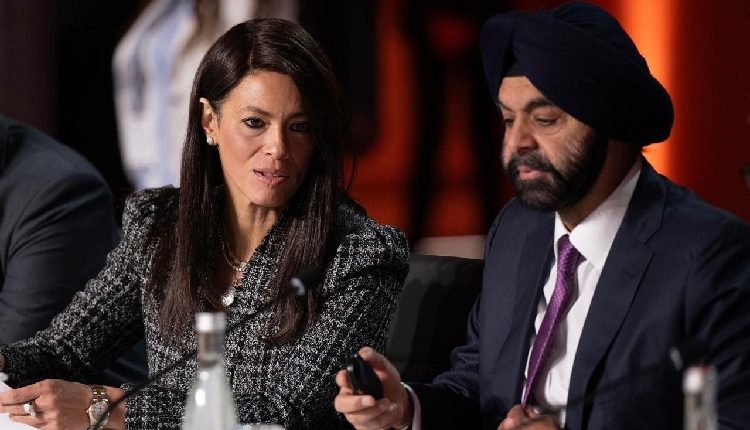The World Bank has pledged $700 million in Development Policy Financing (DPF) to support Egypt’s transition towards a more private sector-driven economy, enhance macroeconomic and fiscal stability, and promote a greener growth trajectory.
The DPF programme, titled “Generating Resilience, Opportunities, And Welfare for a Thriving Egypt”, is designed to address both immediate economic challenges and long-term structural reforms.
This partnership will focus on Egypt’s top national priorities: macro-fiscal resilience, economic competitiveness, business environment improvement, and green transition.
Rania Al-Mashat, Egyptian Minister of International Co-operation and Governor of Egypt at the World Bank, said that the government is actively pursuing ambitious economic reforms to create a more competitive, green, and private sector-led economy.
The DPF represents the first instalment in a planned three-part programme with a total value of $6 billion. Initially, $700 million is accessible, with an additional $200 million dependent on support from other development partners.
This initial $700 million will support key reforms, including:
- Strengthening governance of state-owned enterprises through a legal framework for the state ownership policy.
- Empowering the Egyptian Competition Authority to combat anti-competitive practices.
- Enhancing domestic revenue collection through improved tax assessment processes.
- Reducing electricity distribution system losses.
- Improving Egypt’s capacity for climate adaptation and ensuring the financial sustainability of water and sanitation sectors.
- Scaling up investments in renewable energy sources.
- Establishing a regulatory framework for a voluntary carbon credit market.
Creating sustainable jobs and building resilience to climate change are crucial for the current and future prosperity of Egypt’s citizens, especially the most vulnerable, stated Stephane Guimbert, World Bank Country Director for Egypt, Yemen & Djibouti.
The DPF supports Egypt’s national strategies, including the Sustainable Development Strategy Vision 2030, State Ownership Policy, National Climate Change Strategy 2050, and the Nexus of Water, Food, and Energy.
Attribution: Egyptian Cabinet statement


